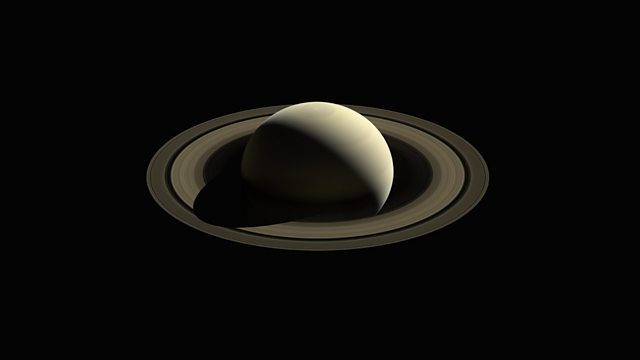The True Harmony of the Universe
A robbery leads to the science of planetary motion but the music of the spheres is abandoned. Dr Stuart Clark urges us to tune in to the symphony of the universe.
Could the wonders of the universe and nature of creation be explained through music? The music of the spheres was a serious intellectual idea that applied music theory to the search for underlying order in the natural world.
Conceived in the 6th century BC, the concept survived for centuries, influencing poets and playwrights, including Shakespeare and Milton, and artists such as Botticelli. It culminated in the 17th century when German astronomer Kepler used the music of the cosmos to give birth to modern astrophysics.
In these five essays, astronomer and award-winning science writer Dr Stuart Clark argues that the concept of harmony – still so prevalent in art – continues to underpin science as well.
Episodes feature original music, composed and performed by Carollyn Eden, to underscore the ideas being discussed. We hear Pythagoras’ scale for the nature of the night sky, the different mediaeval church modes associated with the cosmos and music based on the intervals that Kepler calculated for the planets – which still hold true today.
In his concluding essay, Stuart tells the story of Johannes Kepler and his efforts – partly through deceit – to explain the movement of the planets. As science rises, so the theory of the music of the spheres is abandoned.
But for scientists today, music still matters and the ideals of the search for the first theory of everything continues to be underpinned by the symphony of the universe.
Last on
More episodes
Next
Coming soon
Broadcasts
- Fri 5 Oct 2018 22:45�鶹�� Radio 3
- Fri 1 May 2020 22:45�鶹�� Radio 3
Death in Trieste
Watch: My Deaf World
The Book that Changed Me
Five figures from the arts and science introduce books that changed their lives and work.
Podcast
-
![]()
The Essay
Essays from leading writers on arts, history, philosophy, science, religion and beyond.





